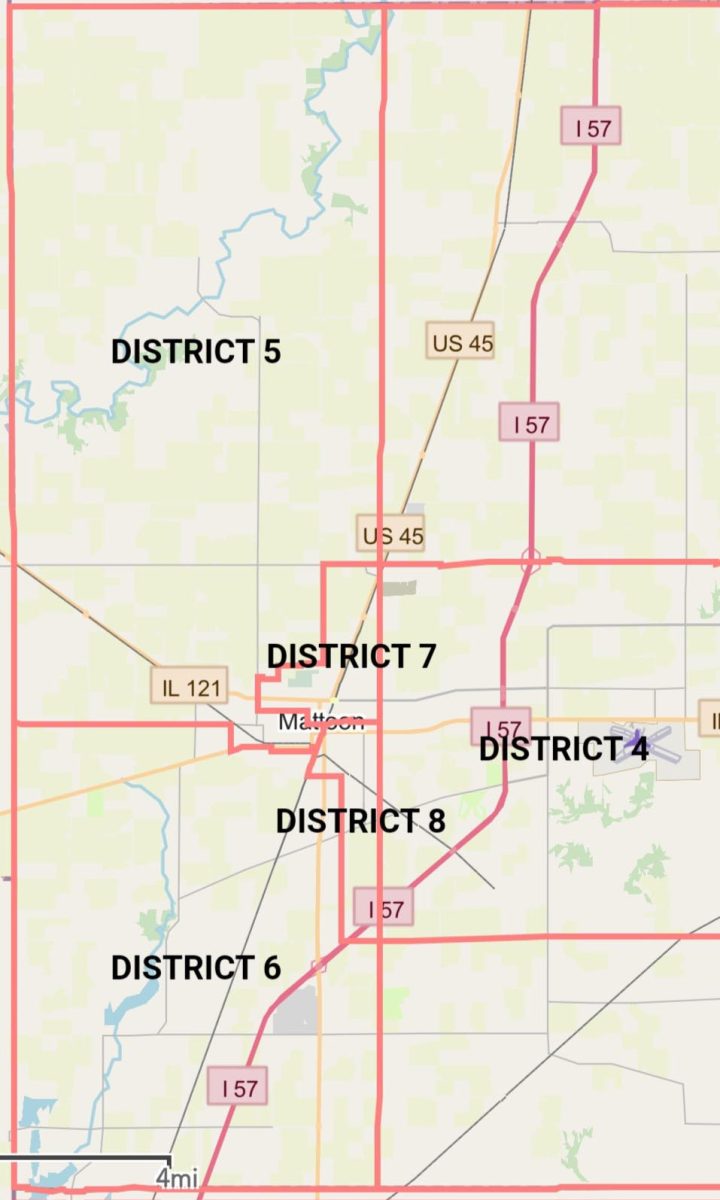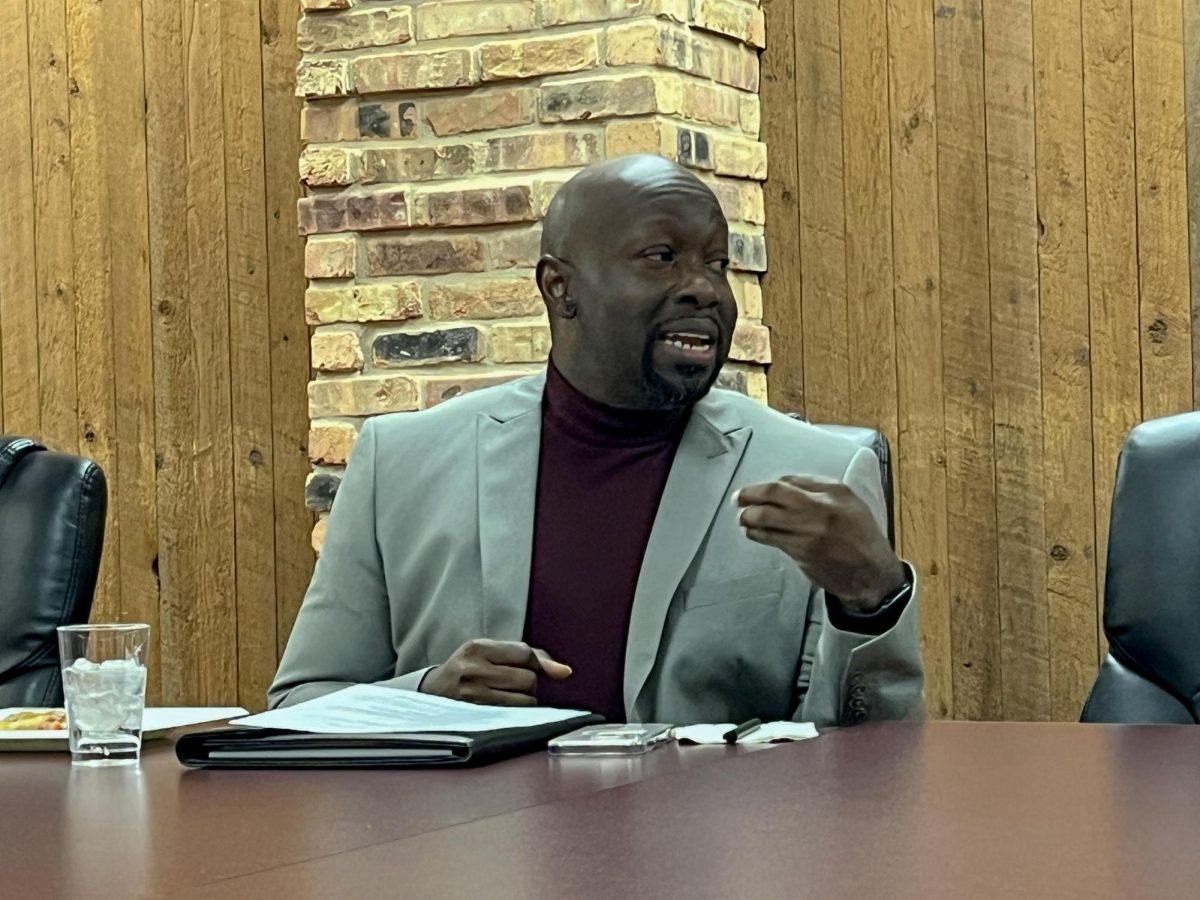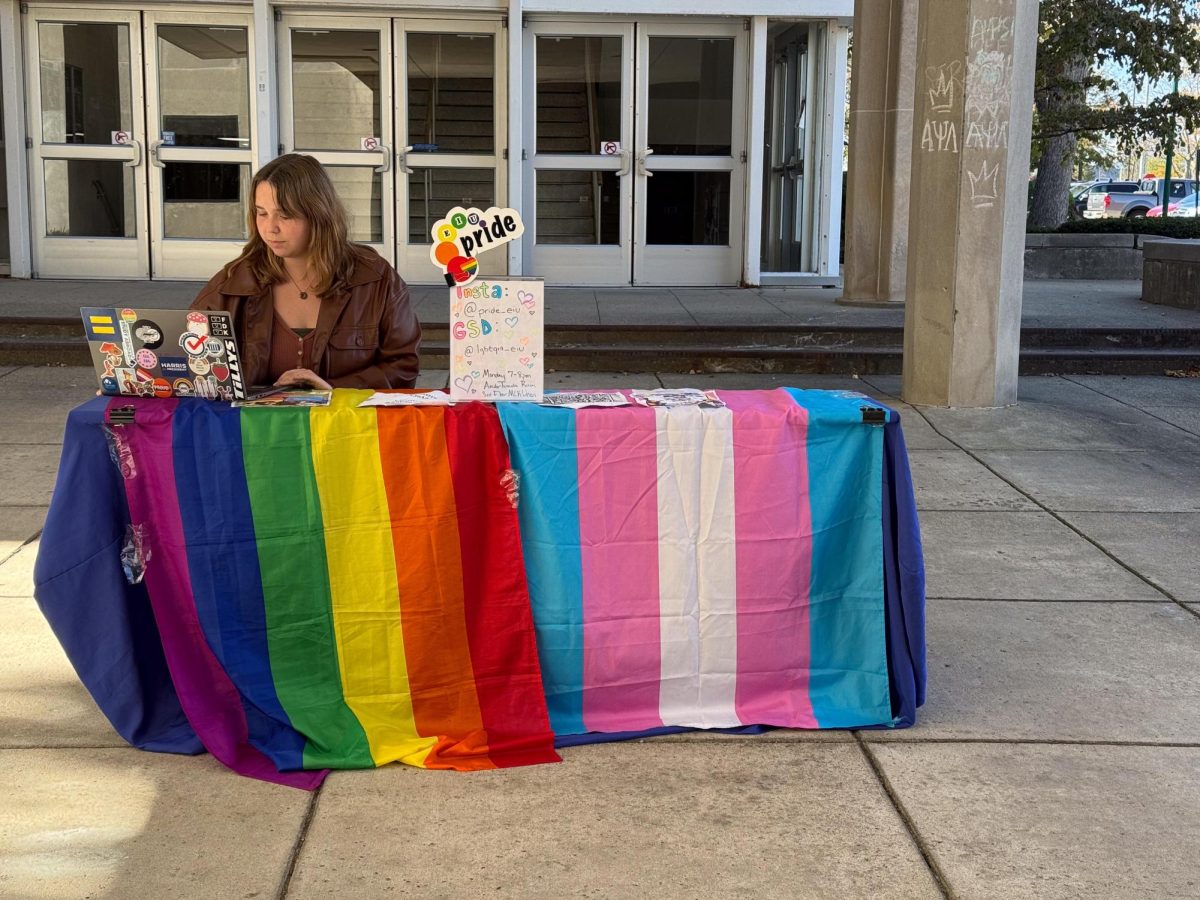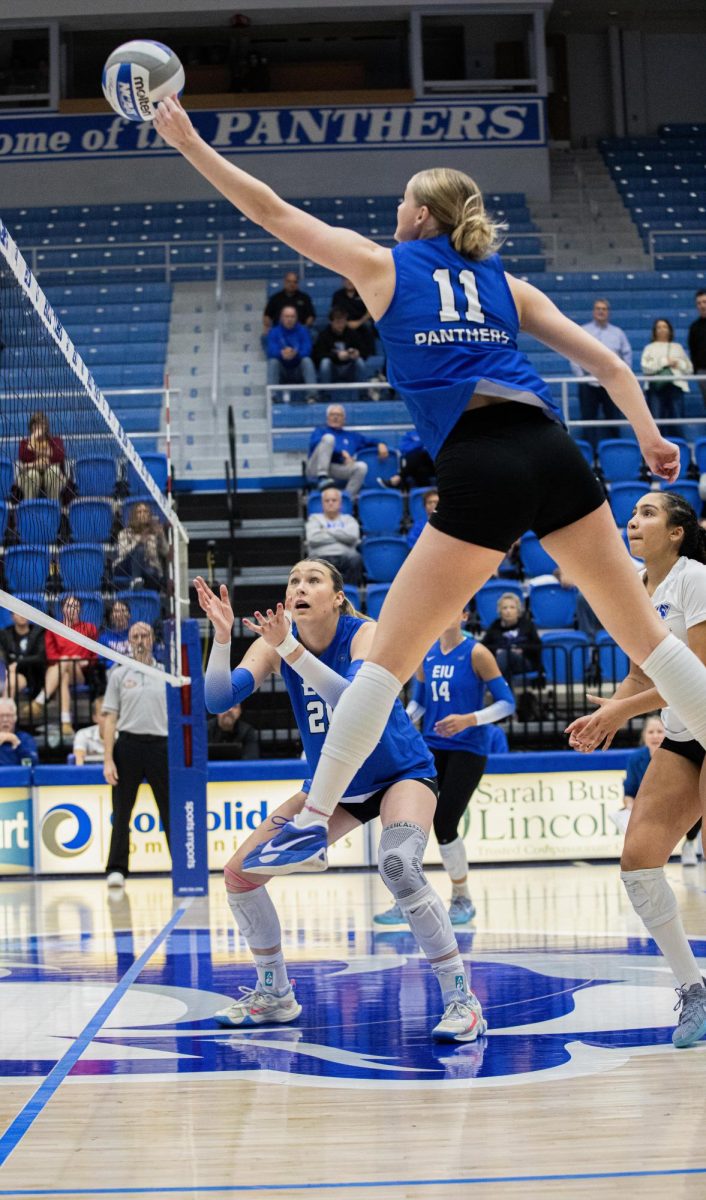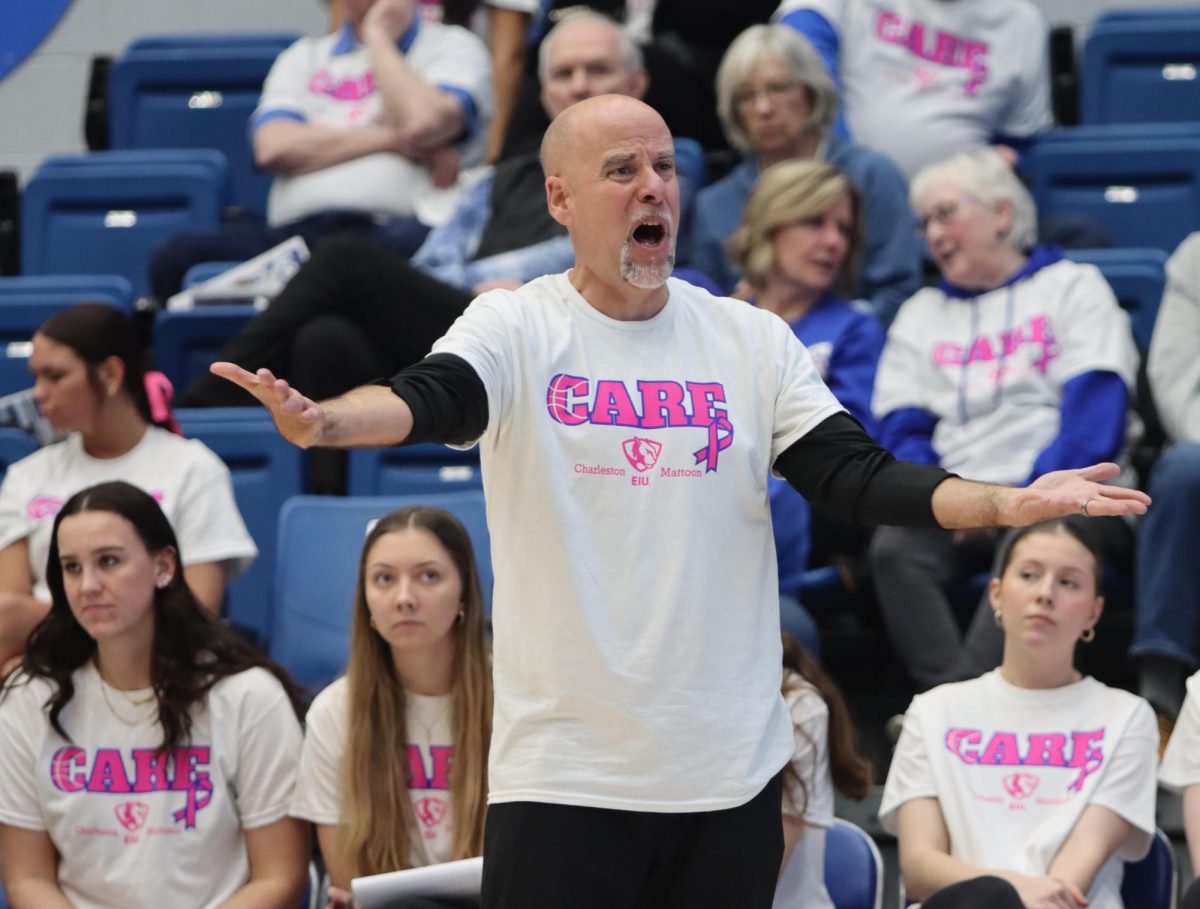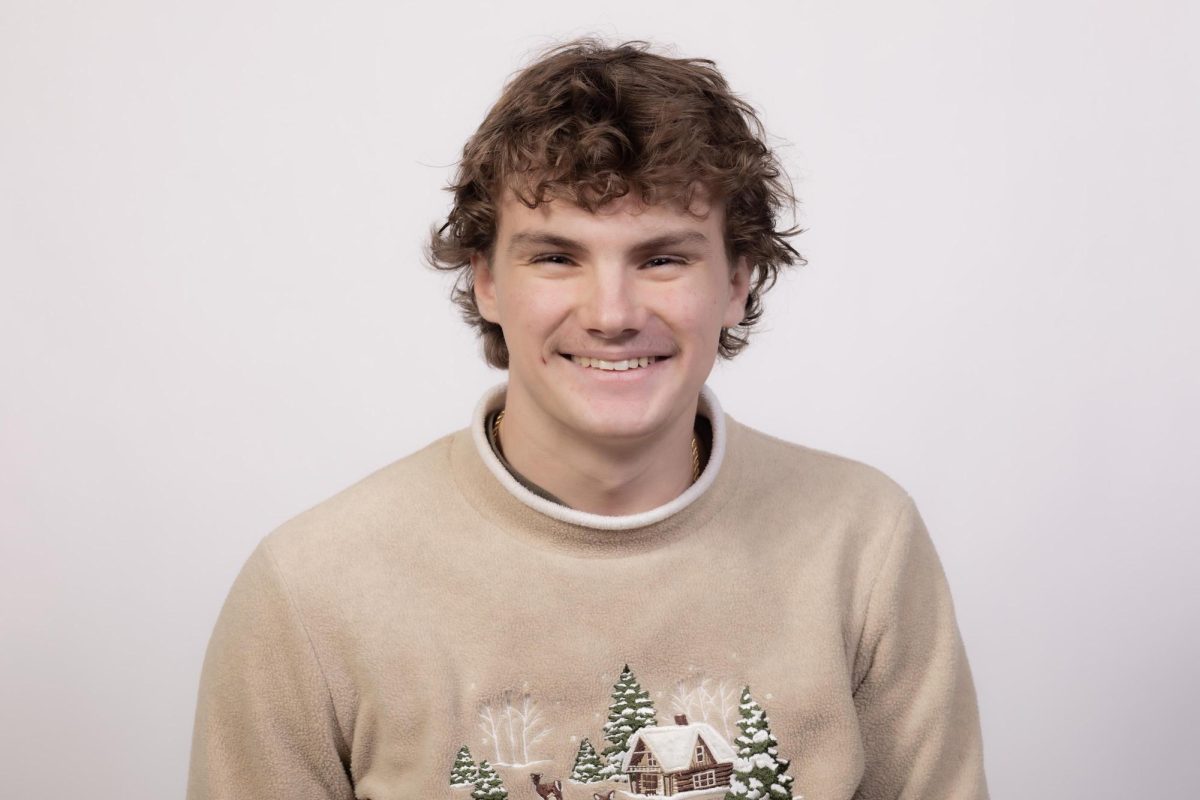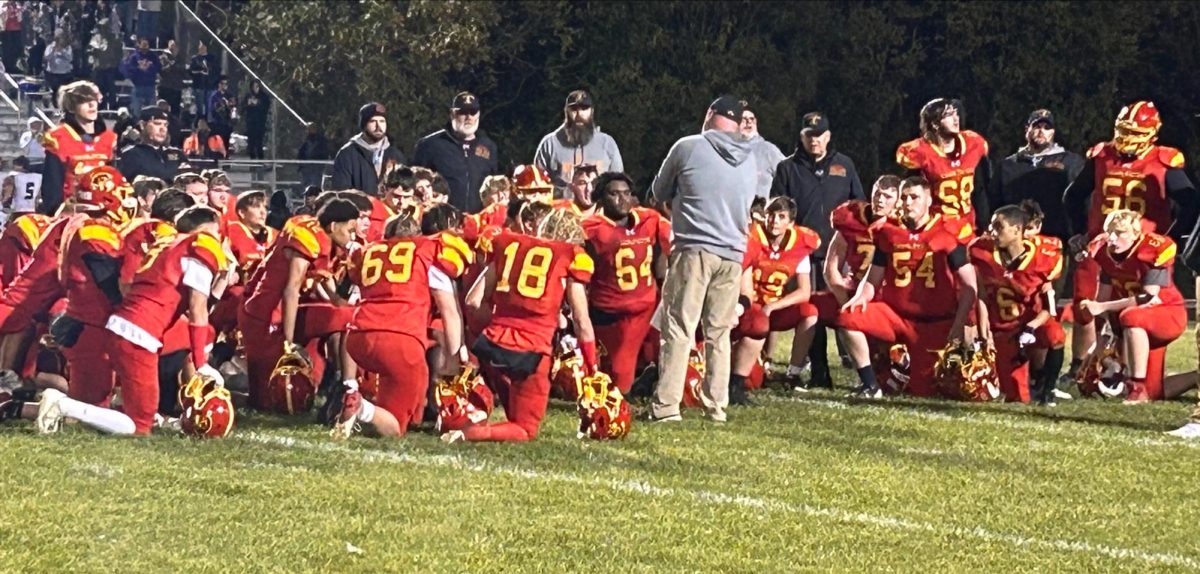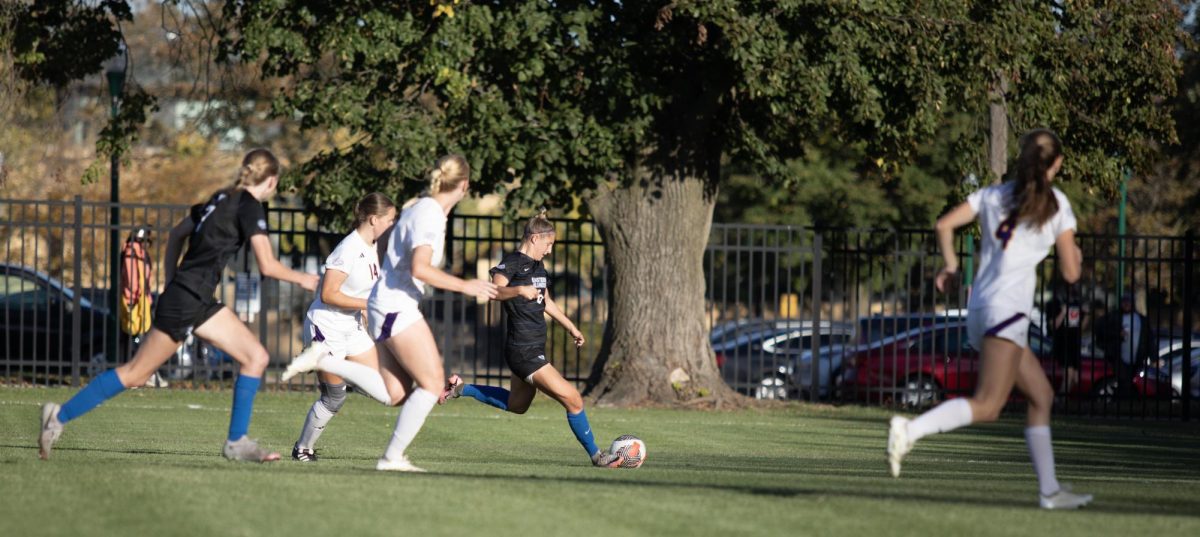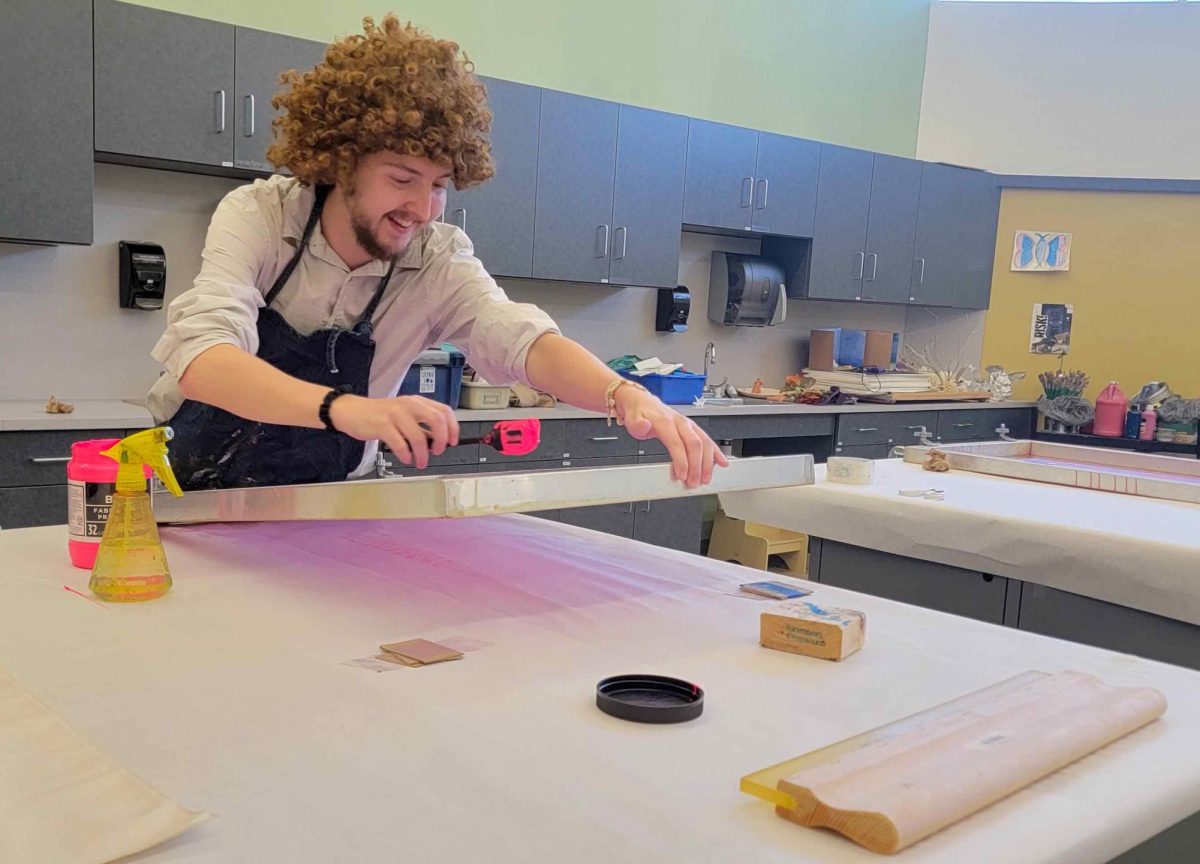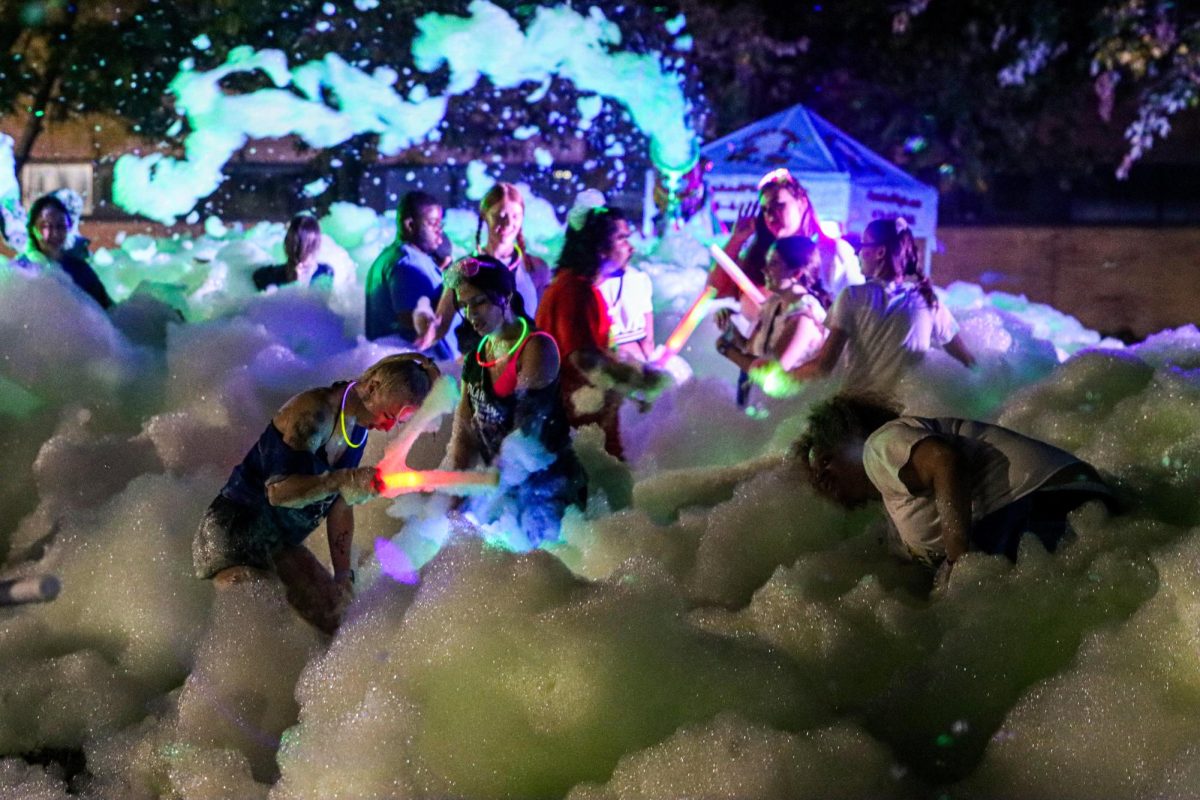Every day is an end-of-the-world scare
In the last three years, the world has experience two highly publicized end of the world scares: The Rapture and December 21, 2012.
Although our survival of Y2K and countless other conspiracies should have provided a sense of security, something about the earth is always reminding us how finite it is.
When I heard about this week’s “super moon,” Earth’s closest encounter with the moon in 2013, I was sure the world would be in frenzy, and when it wasn’t, something seemed off.
The moon is something that puts people into perspective, and the bigger it looks, the smaller we’ll feel.
History would suggest that having up-close, visual reminder of our mortality would be frightening.
I can only resolve that most peoples’ fear of death is in some way intermingled with the idea of what it means to be alive – drawing from this that we must expect ourselves to do some massively important things.
Of course if the world comes to end, nothing can be worthwhile.
According to our fixation with the moon, this may be a thought worth combatting.
Without delving into religion or a lack thereof, no one truly knows what happens when we die.
An explosive, flaming demise being more frightening than a close-up look the moon may have a lot to do with where the line between fearing for your life and fearing of your death is drawn.
Fearing your death indicates needing more time – that you as a single entity need to be in tact physically to exist, while fearing for your life implies a hesitance to cut your legacy short.
The difference is the implication of a legacy at all.
To put it simply: Are we fearful of dying because we truly value our lives, or because we haven’t seized the opportunity to do so?
We exist and perhaps have a thirst to do something selfless- a thirst that may not be ours to quench.
I’m not a particularly religious person; so on a spiritual level death may be less about where we end up and more about what is left behind.
The world is going to exist until it stops.
Whether you strive to spread positivity or hate, the state of the world is dependent upon what we put into it.
Our deaths then, are only corporeal.
The sky might be a comforting implication that we, as people don’t really matter.
Rather, that each of us is only one small part of a finite place, but perhaps our actions, not our bodies, have the potential be unbounded.
As Walt Whitman proposed in his poem, “O Me! O life:” “The answer is that you are here- that life exists, and identity; That the powerful play goes on and you will contribute a verse.”
Katie Smith can be reached at 581-2812 or kesmith2@eiu.edu.


